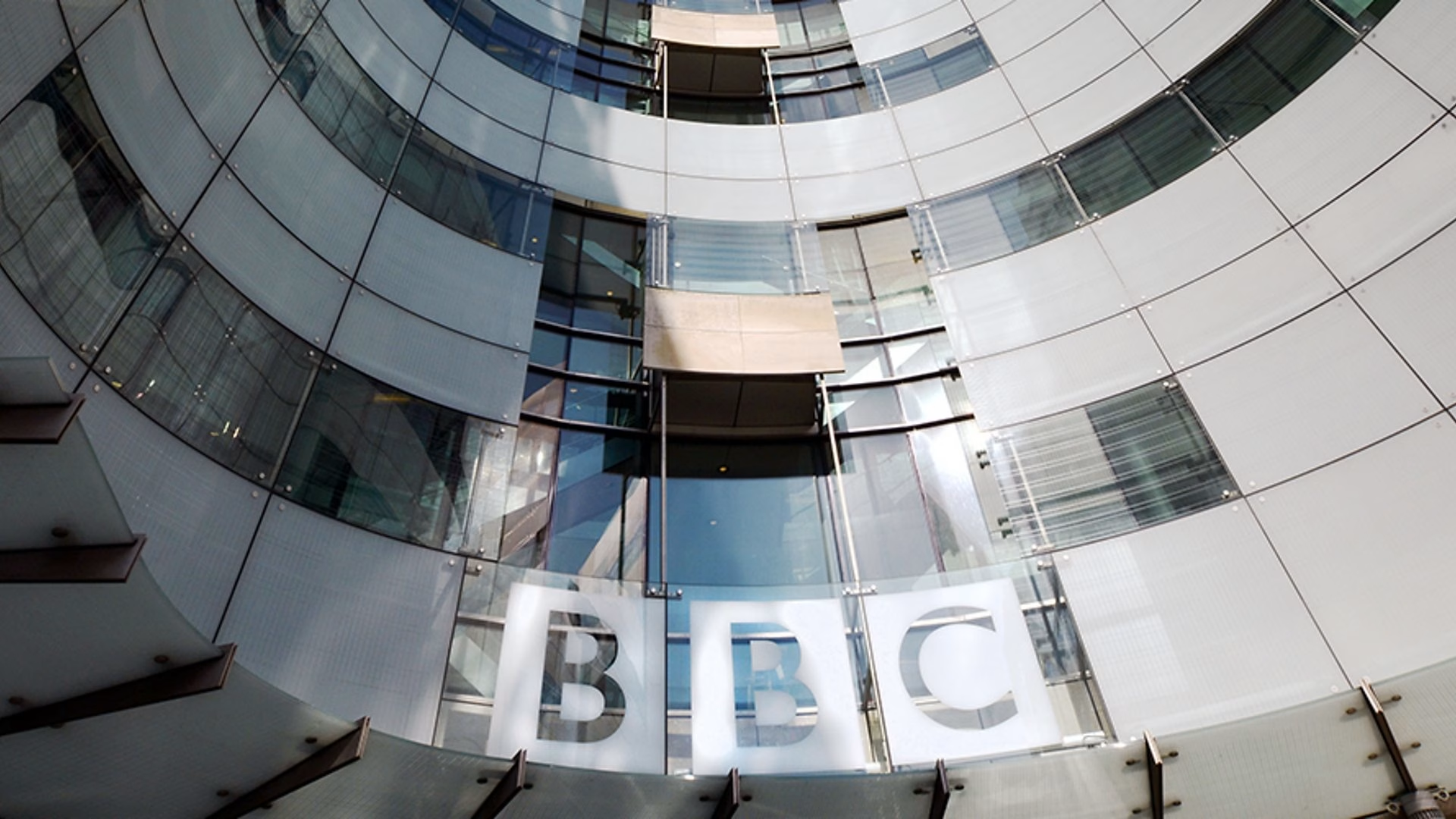The BBC's Bold Bet: A Paywall Lands in the US
Well, here we are. It’s official. The BBC, that venerable institution of public service broadcasting, has finally pulled the trigger on a paywall for its US audience. As of June 26, 2025, if you're in the States and want to dive deep into BBC News content, you'll need to open your wallet. This isn't just a minor tweak; it's a monumental shift, a strategic pivot that could redefine how one of the world's most trusted news organizations funds its global ambitions.
For years, many of us have enjoyed the BBC's online offerings in the US, free of charge, a sort of digital public good. But the writing, as they say, has been on the wall. The media landscape is evolving, and frankly, traditional funding models are under immense pressure. So, what does this new era look like, and what are the implications for both the BBC and its American readership? Let's unpack it.
Unpacking the New Subscription Model
So, what exactly are US users paying for? The BBC is offering a "premium experience," which, at its core, means unlimited access to their news and feature articles. No more hitting a soft paywall after a few clicks, no more frustrating prompts. Subscribers also get a livestream of the BBC News channel, which, for many, is a significant draw, especially given the distinct editorial voice the BBC offers compared to many US outlets.
The pricing structure is pretty straightforward: you can opt for an annual subscription at $49.99, or if you prefer a monthly commitment, it's $8.99. These figures are, of course, designed to encourage the annual commitment, a common tactic in the subscription economy. It's a clear move to monetize the substantial international audience the BBC has cultivated over decades, leveraging its brand recognition and reputation for quality journalism.
Why Now? Unpacking the Drivers Behind the Paywall
This isn't a decision made in a vacuum. It's a calculated response to a complex set of pressures. Domestically, the BBC faces ongoing scrutiny and debate over its primary funding mechanism, the UK license fee. With a review of its funding model looming post-2027, the pressure to diversify revenue streams is immense. Relying solely on the license fee for a global operation simply isn't sustainable in the long run.
Think about it: the BBC produces an incredible breadth of content, from in-depth investigative journalism to cultural programming, and maintaining that level of quality requires significant investment. International commercial ventures, like BBC Studios and now this US paywall, are critical to shoring up its financial future. It's about finding new ways to fund their core mission, even if it means asking international audiences to contribute directly. And honestly, who can blame them for exploring every avenue?
Navigating the American News Landscape: Challenges and Opportunities
Launching a paywall in the US, however, is no walk in the park. The American news market is incredibly saturated and highly competitive. Furthermore, US consumers have a somewhat complicated relationship with paying for news. A recent Pew Research Center study, published just days before the BBC's announcement, highlighted that only a small percentage of US adults actually pay for news when they encounter paywalls. That's a tough nut to crack, isn't it? It suggests a significant hurdle for any new subscription offering, even one from a globally recognized brand.
The Pew Study's Shadow
The Pew findings are sobering. They underscore a prevalent consumer habit: a preference for free news. This isn't necessarily a reflection on the quality of journalism, but rather a deeply ingrained expectation in the digital age. The BBC will need to work hard to convince potential subscribers that their "premium experience" offers unique value that transcends the readily available free alternatives. It's not just about content; it's about perceived value and habit transformation.
A Niche for Nuance?
Strategic Implications and Industry Ripples
This move by the BBC isn't just about its own bottom line; it sends a clear signal across the media industry. It reflects a broader trend towards subscription-based models as traditional advertising revenues continue to dwindle and public funding models face increasing pressure globally.
Beyond the US: A Blueprint for Global Expansion?
The success or failure of this US paywall will undoubtedly influence the BBC's strategy in other international markets. If it proves viable, we could see similar models rolled out in other regions where the BBC has a strong following. It's a test case, a pilot program of sorts, for how a public service broadcaster can effectively commercialize its digital offerings outside its home territory. And it's a fascinating experiment to watch.
The Public Service Broadcaster's Dilemma
This strategic shift also highlights the ongoing tension for public service broadcasters: how do you balance a mission to inform and educate the public with the commercial realities of funding a vast, high-quality news operation? It's a delicate dance. While the BBC's domestic services remain funded by the license fee (for now), international commercial ventures allow it to expand its reach and influence without directly burdening UK taxpayers. It's a pragmatic approach, even if it means some international users will now have to pay for content they once accessed freely.
The Road Ahead: What Success Might Look Like (or Not)
Ultimately, the success of the BBC's US paywall will hinge on several factors: the perceived value of its premium content, its ability to convert casual readers into paying subscribers, and its marketing prowess in a crowded market. It won't be easy. Changing consumer habits is notoriously difficult, and the "free news" expectation is deeply ingrained.
But if anyone can make a go of it, it's the BBC. Their brand recognition, journalistic integrity, and unique global perspective give them a distinct advantage. It's a bold move, a necessary one perhaps, and one that will be closely watched by media executives around the world. Only time will tell if this bet pays off, but it certainly marks a new chapter for the venerable broadcaster in the digital age.
